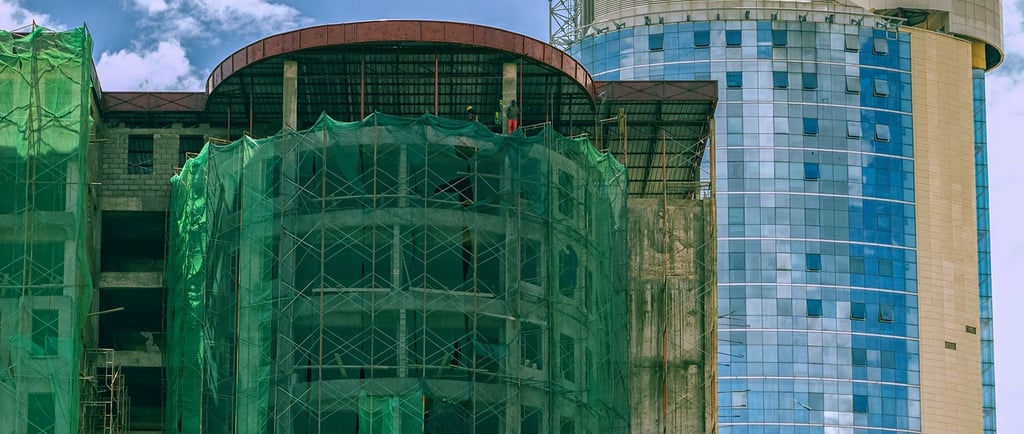Kigali Insights for Travel Agents
Essential Kigali insights for travel agents: practical tips on top attractions, accommodations, transport, safety, local culture, tour logistics, permit requirements, and marketing strategies to craft memorable Rwanda itineraries for clients.
10/9/20252 min read


Kigali is a compact, well-ordered capital whose combination of modern infrastructure, safety, and cultural depth makes it a strategic hub for travel agents developing East and Central Africa itineraries. A clear understanding of Kigali’s transport links, accommodation range, attractions, and regulatory environment enables agents to craft packages that appeal to diverse client segments from independent explorers to high-end corporate groups. Kigali International Airport offers reliable regional and international connections, facilitating multi-destination routes that combine gorilla trekking, savannah safaris, and cultural immersion; travel agents who leverage flight schedules and local carrier partnerships can optimize routing to reduce transit time and increase client satisfaction.
The city’s reputation for cleanliness and safety is a strong selling point for first-time visitors and families. Kigali’s urban experience centers on accessible, walkable neighborhoods with boutique hotels, business-class properties, and community lodgings that suit different budgets and preferences. For agents, profiling accommodations by neighborhood—city-center convenience for business travelers, Kiyovu and Kimihurura for boutique experiences, and Gacuriro for newer upscale developments—facilitates targeted recommendations and upselling opportunities. Ground logistics are straightforward: reliable car hire, app-based taxi services, and guided walking tours can be packaged into half-day or full-day experiences that complement outbound excursions to Volcanoes and Nyungwe national parks.
Cultural and historical offerings are rich and meaningful. The Kigali Genocide Memorial is essential for context and education; integrating respectful, guided visits into itineraries supports responsible tourism and provides depth for travelers seeking historical understanding. Markets like Kimironko and the Nyamirambo neighborhood offer authentic culinary and cultural exchanges; agents can arrange local-hosted walking tours or cooking demonstrations that reinforce community-based tourism and create direct economic benefits for residents. Kigali’s growing arts scene and craft cooperatives present opportunities for curated shopping experiences and partnerships with local artisans.
Seasonality and event planning are important sales levers. The city hosts conferences, festivals, and trade shows that attract MICE business; agents who align leisure add-ons with event calendars can increase basket value. Familiarization trips and strong relationships with Rwandan DMCs and local guides not only improve on-the-ground reliability but also create commission and repeat-booking streams. Practical client guidance on visas, vaccinations, mobile payments, and currency exchange reduces friction and enhances satisfaction.
By positioning Kigali as a safe, efficient gateway with its own compelling urban and cultural experiences, travel agents can diversify product offerings, improve margins through tailored services, and build reputational capital. Travelers benefit from a polished, culturally rich entry point to Rwanda that balances convenience with meaningful encounters, making Kigali an indispensable element of well-designed regional itineraries.
